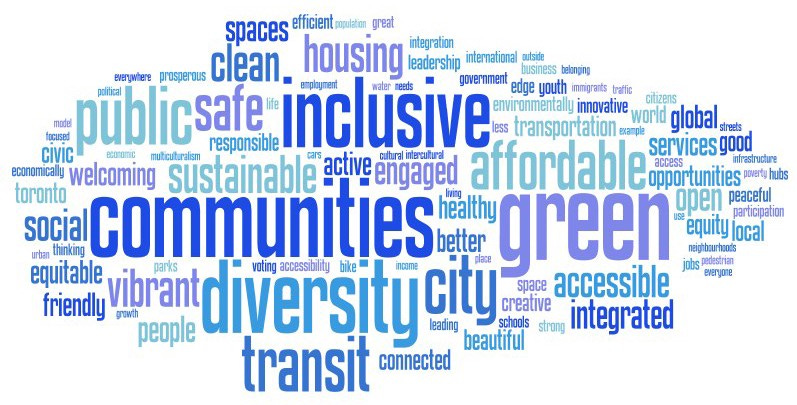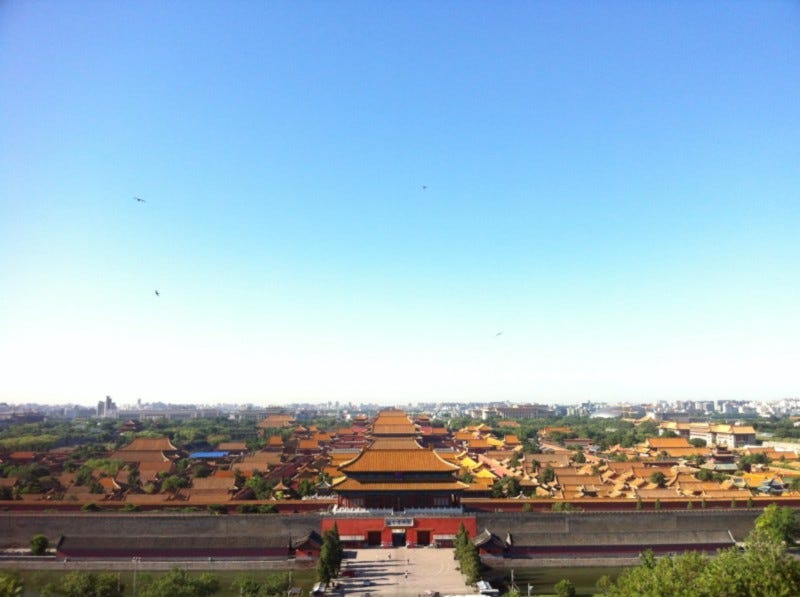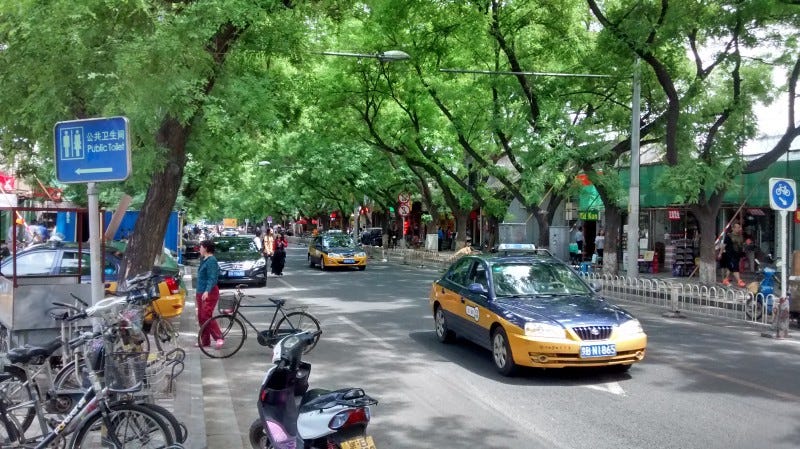Wash your hands for liveability
Publications like Monocle produce an annual index of the worlds most liveable cities. This ranking system is called the ‘Quality of Life…
Publications like Monocle produce an annual index of the worlds most liveable cities. This ranking system is called the ‘Quality of Life Survey’. Do you know the one I am talking about? I am aware of it because chances are the Australian city that I live in frequently features in the top 10. Other international cities that are popularly declare extremely liveable include Copenhagen, Vienna and Vancouver. If you haven’t heard it, you must be living under a rock, or rather, hidden under a blanket of smog. In which case, your city probably isn’t liveable and is unlikely to promote its absence from such a list. It is probably because you live in a city like Beijing!
The discourse of ‘liveability’ usually reverts to the same old catch-phrases and arguments for improving the city. These include expanding infrastructure (roads and cycle ways); reducing traffic congestion and crime; increasing public transport links; creating a thriving cultural and artistic heart; social reform; economic policy (ease of doing business, start-up enterprise); housing affordability; environmental policy etc. It is obvious that a city like Copenhagen ranks highly in the criteria outlined above, of what is relatively tangible. In a perfect world, it would be great if every city could succeed improving their city in a similar way. There is of course a monetary cost to this. And what about the intangible aspects of a liveable city? When I visited Copenhagen a few years ago, aside from everything else, I experienced an ambient pleasantness from just the way the city as a whole conducted its daily activities. It is difficult to quantify this, yet I think it contributes significantly to the success of a city’s quality of life and how its positive attributes are perceived. This is why I think Beijing struggles to redefine itself as the great city it once was. For your interests sake, Tokyo was named Monocle’s 2015 most liveable city, which actually provides an interesting point of reference to discuss Beijing.
I always say to myself on a clear sunny day, that Beijing is a unique and beautiful city. Yes, under the veil of smog, there is a city — centuries old — that people live in and can thrive in. Today, it is a consequence of mass migration from rural living to the city. The history and success of a whole nation is evident in Beijing, from the Forbidden City to the Olympic Stadium. There is so much culture and entrepreneurship on display in the 798 art district or the gentrified hutong areas. Big business and the need for international diplomacy creates a diversity of people that work in Beijing. A behemoth underground network and high speed rail links make transport a breeze. Tick, tick, tick.
When I have this positive outlook on Beijing, it is usually when I am cycling down a quiet tree lined street (in a bicycle lane mind you), and for a moment I have escaped the grind of the city. Just me, the sun and Beijing. So what, then, is the glass shattering catalyst that brings me back to reality, and has me questioning my quality of life in Beijing? Well, there are a few things:
People spitting and hacking on the street — Unless you have experienced this, you cannot imagine how horrible it is.
Terribly squeaky bicycle and car breaks — I used earplugs to avoid hearing damage.
Car horns are beeped uncontrollably and people shout — A wall of sound is often the best method to not only move through traffic, but to advertise your existence.
Animal (and sometimes human) faeces on the street — The toilet que is too long.
People frown and grunt at you — Customer service is non-exist; friendly greeting and smile would go a long way.
General hygiene (washing hands, showering) — Super bugs are prevalent and my friends and I were constantly sick.
Now you can see how these are definitely NOT issues in a city like Tokyo, where manners, cleanliness and courtesy are ingrained in the culture and effectively make living in a city with over 20 million people (similar to Beijing) tolerable. Sure, Tokyo has many other great aspects, but so does Beijing. I honestly believe Beijing could improve its liveablity index by dealing with some of these behavioural problems. It might even have a bigger impact on the quality of life for its citizens than a 7th ring road, or at the very least, soften the blow on a dreary smoggy day.






